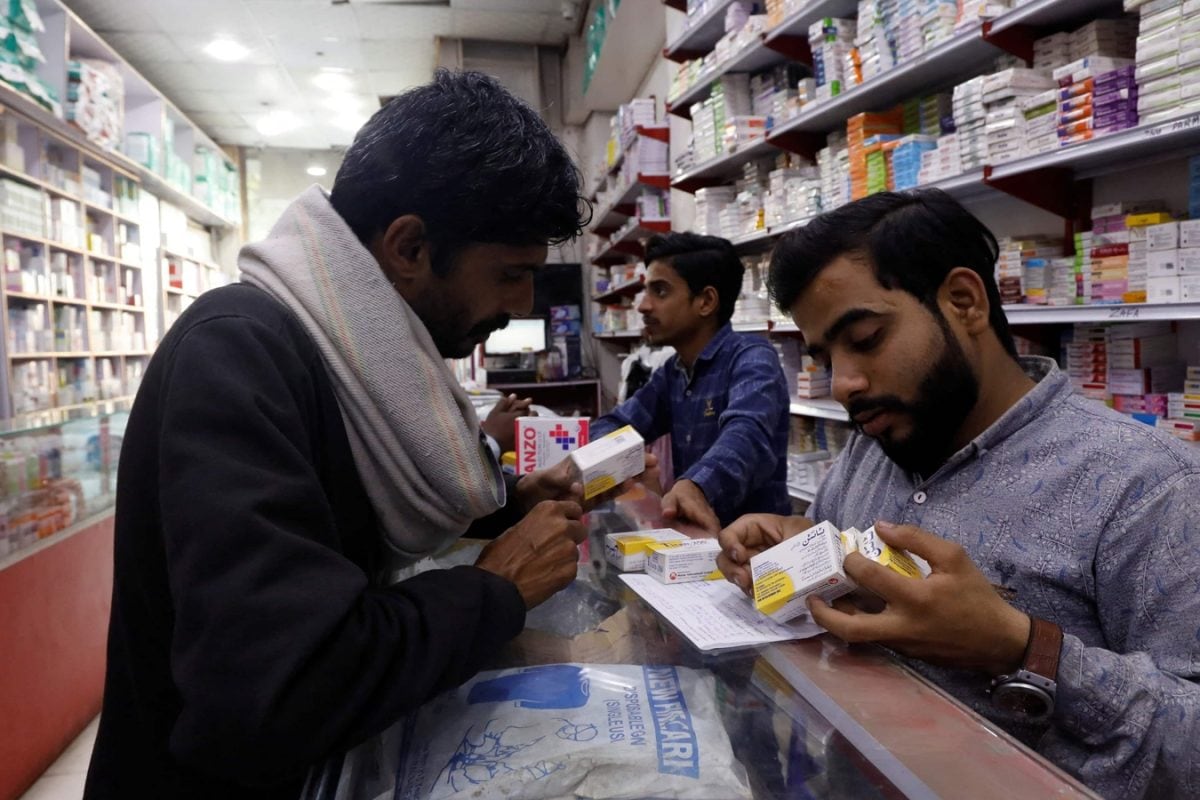

Drug regulators in India have asked makers of the antacid ranitidine to monitor their products for the presence of a cancer-causing impurity. This action follows a medical safety alert issued by the U.S. Food and Drug Administration (FDA) regarding the detection of carcinogenic substances in ranitidine samples.
The Drug Controller General of India (DCGI), who heads the Central Drugs Standard Control Organisation, has instructed state drug regulators to examine ranitidine medicine samples, issue alerts regarding any quality concerns, and ensure patient safety. The DCGI has requested that manufacturers of ranitidine active pharmaceutical ingredients (API) and formulations verify their products and implement measures to ensure patient safety. An expert committee has also been consulted on the matter.
The FDA's alert specifically highlighted the brand name 'Zantac,' produced by the French company Sanofi, noting the presence of low levels of N-nitrosodimethylamine (NDMA) in tested samples. NDMA is classified as a "probable human carcinogen" and is considered an environmental contaminant found in water, food, meat, dairy products, and vegetables. While low levels of NDMA are commonly ingested and not expected to increase cancer risk, sustained higher exposure levels may elevate the risk of cancer in humans.
While the government has not recalled ranitidine drugs, some companies have taken precautionary measures. Dr. Reddy's Laboratories, an Indian pharmaceutical company, has suspended its ranitidine supply worldwide. JB Chemicals and Pharmaceuticals Ltd. has also sent samples for voluntary testing. Drug regulators in Canada and Singapore have initiated recalls of the drug as a precaution.
Ranitidine is available under various brand names in India, including Rantac (JB Chemicals), Aciloc (Cadila Pharmaceuticals), and Zinetac (GlaxoSmithKline Pharmaceuticals). In India, the drug is supposed to be sold only with a prescription from a registered medical practitioner.
The European Medicines Agency is also evaluating data to assess potential risks to patients using ranitidine due to NDMA and will provide information as soon as available.
In light of the FDA's findings, the agency has changed its stance on the levels of NDMA considered acceptable in ranitidine drugs. The FDA now recommends that drugmakers use a low-heat testing method for antacids, as opposed to a high-temperature method used by a third-party laboratory, which the agency believes generates higher levels of the impurity. The FDA has also requested that drugmakers send samples to the agency for testing.
Several drugmakers and pharmacy retailers have taken action. CVS, Walgreens, and Rite Aid have suspended sales of all Zantac brand and CVS Health brand ranitidine products as a precaution.
In April 2020, the FDA requested manufacturers to withdraw all prescription and over-the-counter ranitidine drugs from the market immediately. The agency determined that the impurity in some ranitidine products increased over time, especially when stored at higher than room temperatures, potentially exposing consumers to unacceptable levels of NDMA.
Subsequently, numerous lawsuits have been filed against Zantac and ranitidine manufacturers, alleging that the companies were aware of the cancer risks associated with these medications for decades. These lawsuits also allege that drugmakers were aware of the potential for Zantac and ranitidine to cause cancer decades ago.